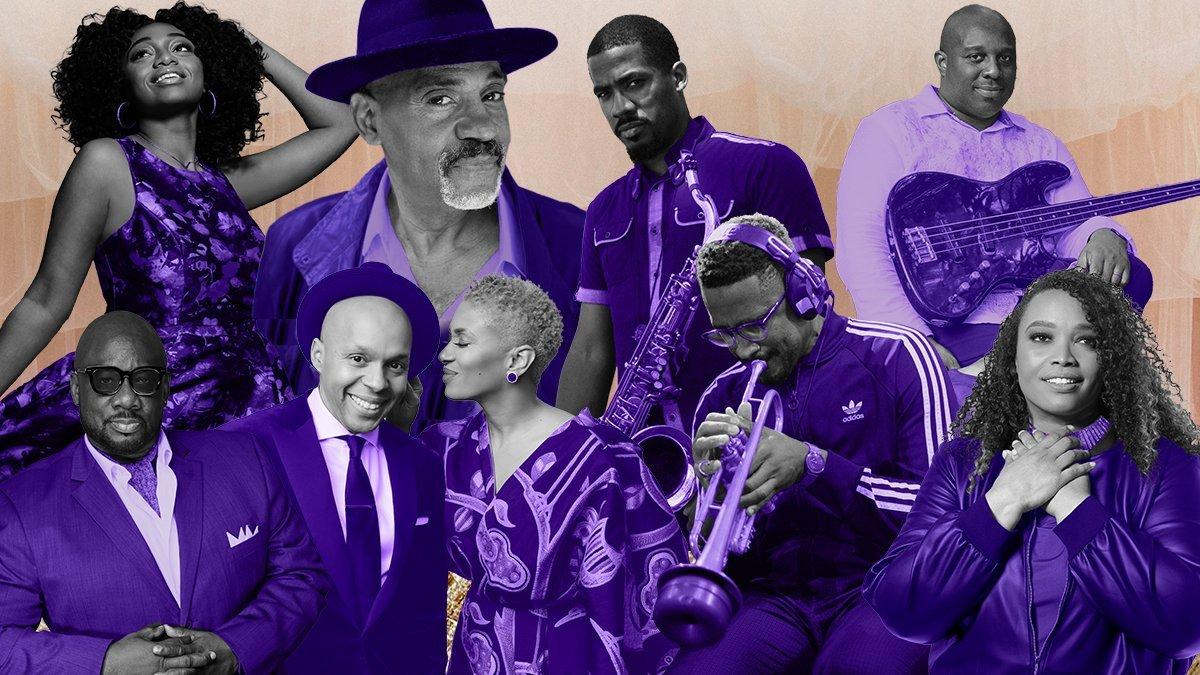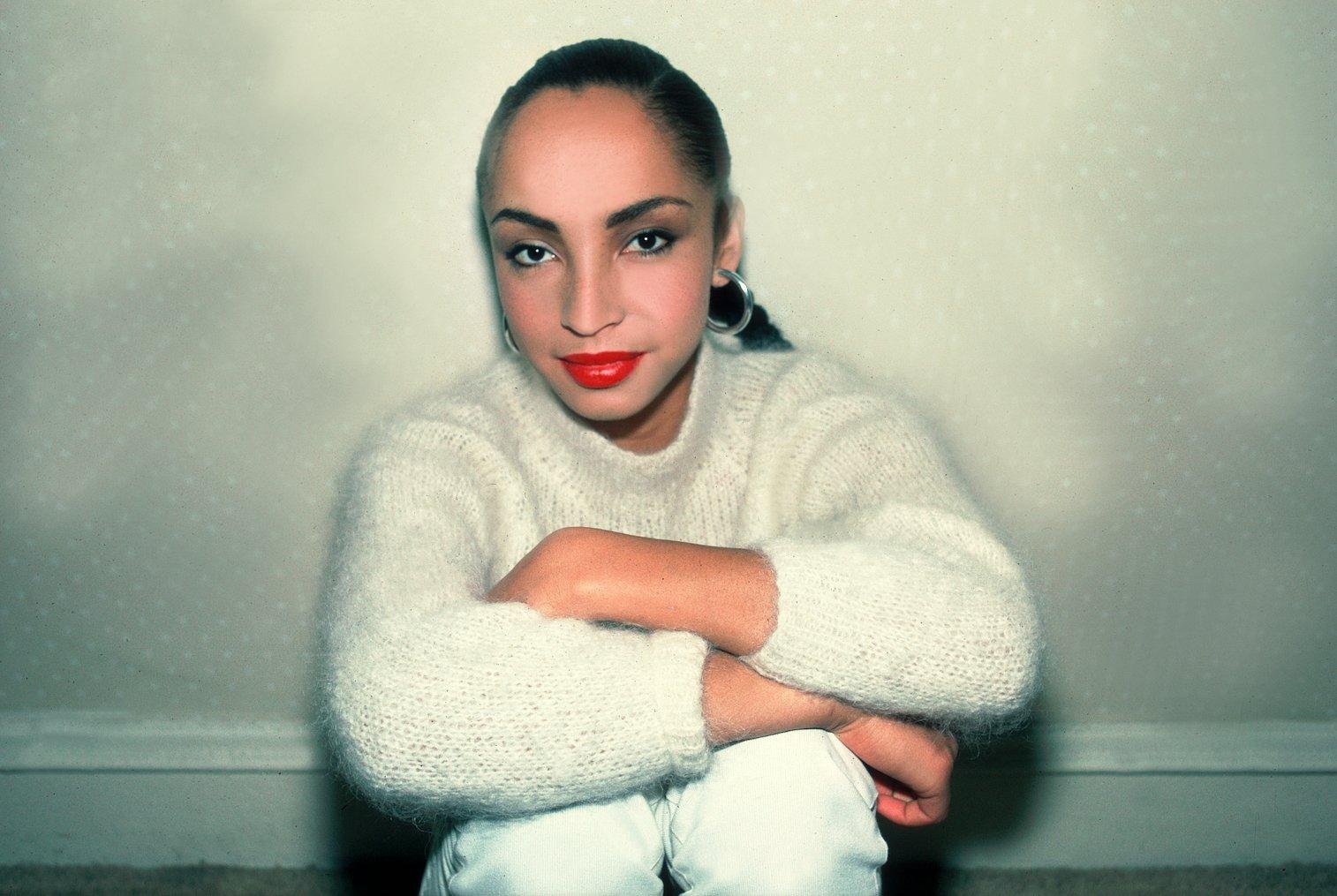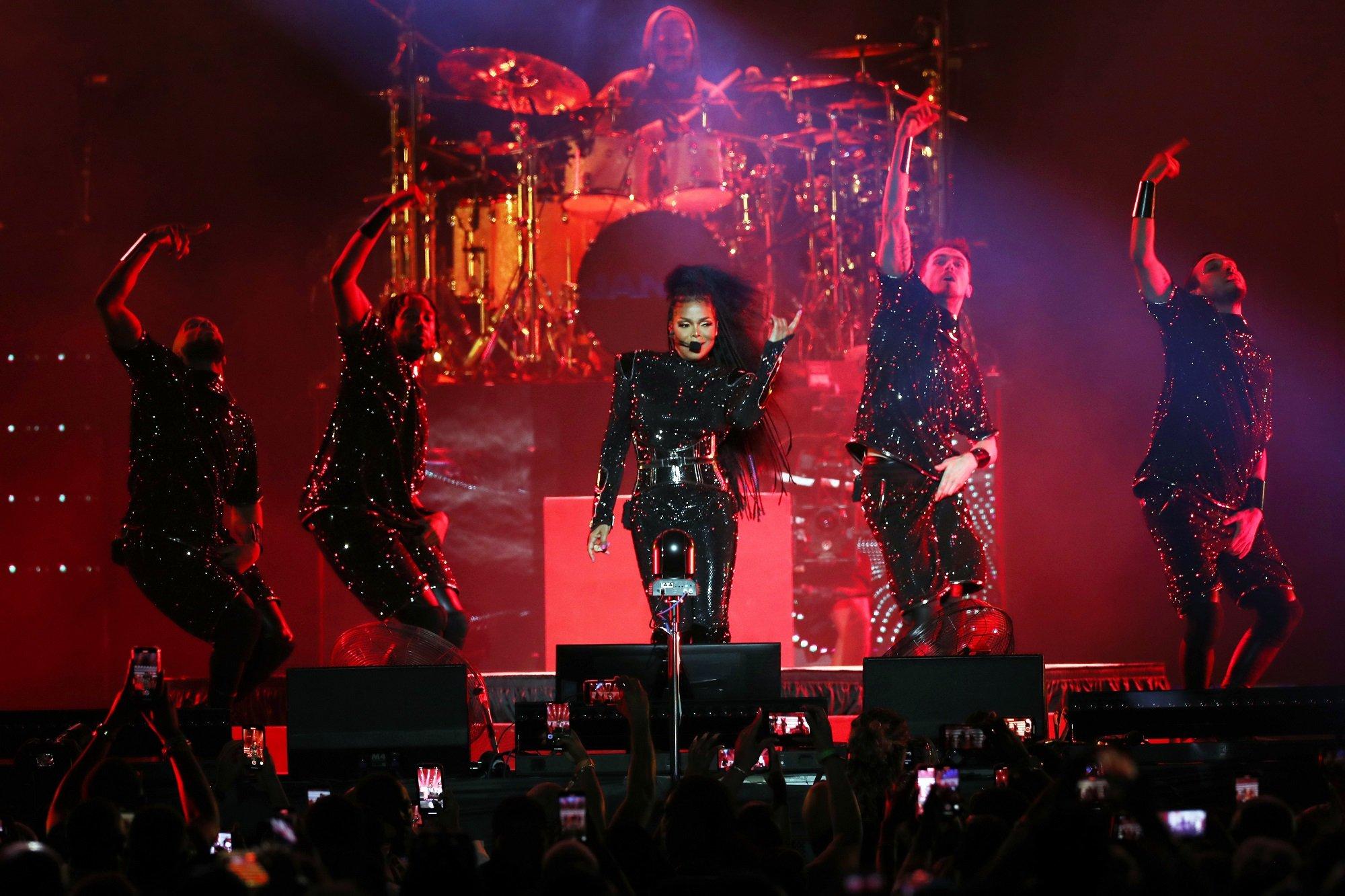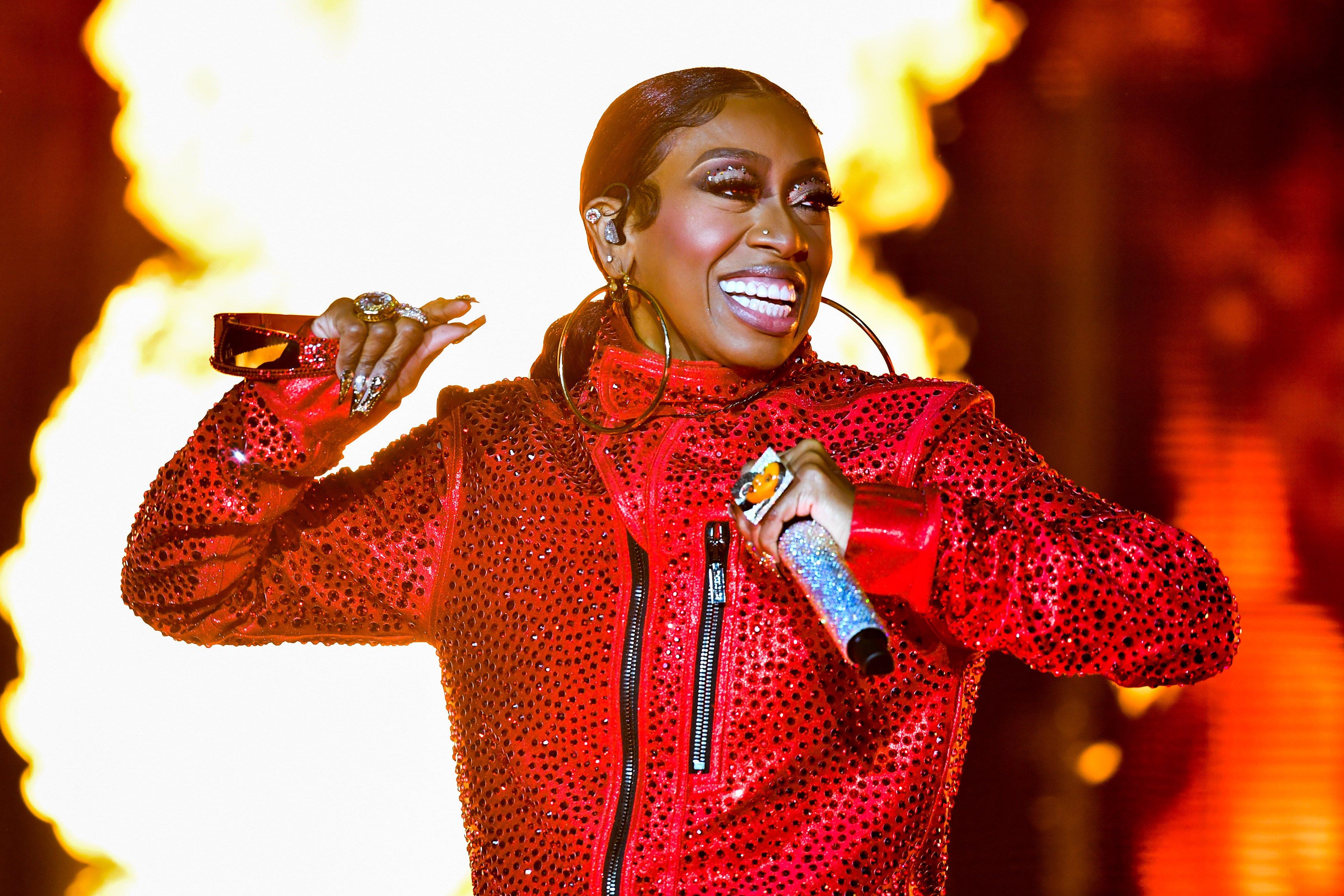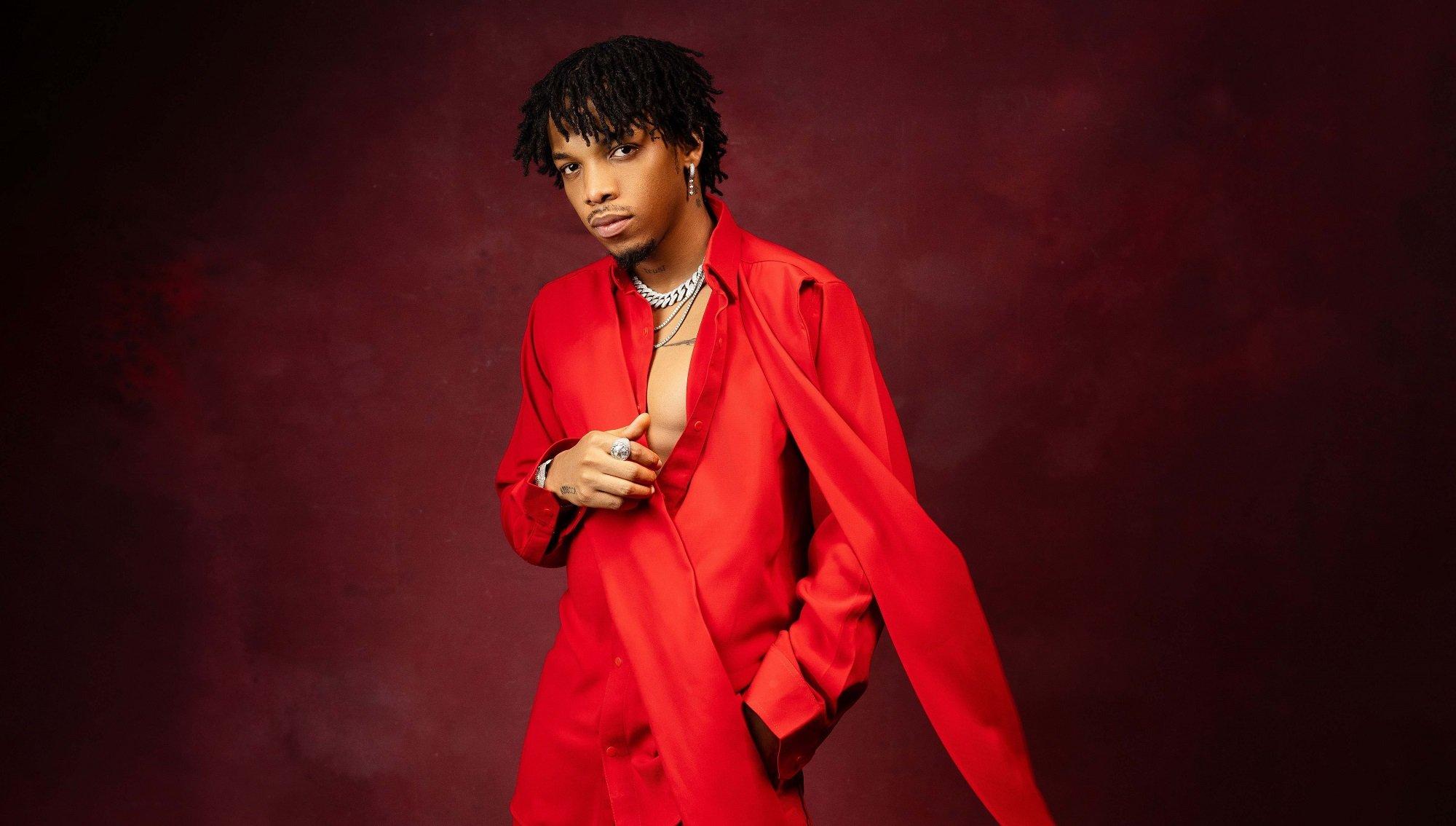Many nights, when the trumpeter Bruce Harris performs live, the audience's ears prick up at an unfamiliar melody—one that should be far more known.
"People are always like, 'I love the tunes you pick!' and it'd be 'Miss Hazel' by Tina Brooks or 'Take Twelve' by Elmo Hope," Harris tells GRAMMY.com. He and his colleagues may revere these compositions, but outside of insular jazz circles, few discuss them much at all. While they’re simply engaging tunes to many strangers, to Harris, they’re bona fide standards.
Unlike some of the writers of more well-known fare, those two composers are Black. "It's amazing how sometimes the standards are not the standards written by the Black composers," Harris continues. "Standards have become the entry: If you want to play this music, you've got to play 'Cherokee.' There are so many great artists who haven't gotten their flowers, as they say."
To this end, Harris tries to tip the scales by covering architects of Black music. These days, he's far from the only jazz artist doing it—and the revered figures aren't limited to musicians. Seven other musicians—saxophonist James Brandon Lewis; vocalists Dara Tucker, Allan Harris and Samara Joy; drummer and singer Marcus and Jean Baylor; and the late drummer Ralph Peterson, Jr.—have recently made records singing the praises of Black geniuses throughout history, from Art Blakey to George Washington Carver.
Together, they reinforce not only that there's room for the American Songbook to grow—but that Black American artists throughout history have formed an ever-nourishing, self-sustaining universe where anyone can step inside.
Here are the stories of how these eight artists' inspirations have thrilled, inspired and galvanized them.
A Tributary To Rough-And-Tumble New York Royalty: Bruce Harris
Bruce Harris. Photo courtesy of Cellar Music Group.
Beyond the color of their skin, why did Bruce Harris draw from the wells of Gigi Gryce, Hank Mobley and Duke Ellington for his new album?
"They're all East Coast city people!" Harris replies with a chuckle. "That's who I am. When I lived in Harlem, I lived a block away from where Bud Powell used to live, in the same neighborhood as Jackie McLean, Walter Davis and Arthur Taylor—obviously not at the same time. I didn't realize this until recently, but I'm just listening to the music of my community, culture and where I'm from."
<style>.embed-container { position: relative; padding-bottom: 56.25%; height: 0; overflow: hidden; max-width: 100%; } .embed-container iframe, .embed-container object, .embed-container embed { position: absolute; top: 0; left: 0; width: 100%; height: 100%; }</style><div class='embed-container'><iframe src='https://www.youtube.com/embed//z1L56QZqmWQ' frameborder='0' allowfullscreen></iframe></div>
That new offering, Soundview, which arrived June 4, is catnip for fans of straight-ahead jazz. Therein, he constellates tunes by his influences—Mobley's "Hank's Pranks," Barry Harris' "The Bird of Red and Gold," and a suite of Duke Ellington compositions—while asserting himself as a fresh voice on the New York scene.
<style>.embed-container { position: relative; padding-bottom: 56.25%; height: 0; overflow: hidden; max-width: 100%; } .embed-container iframe, .embed-container object, .embed-container embed { position: absolute; top: 0; left: 0; width: 100%; height: 100%; }</style><div class='embed-container'><iframe style='border: 0; width: 100%; height: 120px;' src='https://bandcamp.com/EmbeddedPlayer/album=2123788956/size=large/bgcol=ffffff/linkcol=0687f5/tracklist=false/artwork=small/transparent=true/' seamless><a href='https://bruceharrisjazz.bandcamp.com/album/soundview'>Soundview by Bruce Harris</a></iframe></div>
"It's not about replacement; it's about bringing things to the forefront," Harris says about his decision to emphasize Black composers. "All of it is valid because all of these people played standards. They acknowledged that music, so we should acknowledge their music. It should be a give-and-take."
A Multifarious Saxophonist Wading Deep Into Science: James Brandon Lewis
James Brandon Lewis. Photo: Diane Alford
James Brandon Lewis recently made waves in the press for Jesup Wagon, his 2021 album paying tribute to agricultural scientist and inventor George Washington Carver. Seeing as we're dealing with instrumental music, how did he evoke the man beyond mere song titles?
"I could easily come up with a song and call it 'The Peanut'; I don't know if that would be that interesting," he told GRAMMY.com in 2021. "I'm trying, I'm trying, I'm trying my best to evoke a deeper thing." With the help of Thelonious Monk biographer Robin D. G. Kelley, he used the titles as goalposts for what he wanted to say.
<style>.embed-container { position: relative; padding-bottom: 56.25%; height: 0; overflow: hidden; max-width: 100%; } .embed-container iframe, .embed-container object, .embed-container embed { position: absolute; top: 0; left: 0; width: 100%; height: 100%; }</style><div class='embed-container'><iframe src='https://www.youtube.com/embed//aEBJuCowRZk' frameborder='0' allowfullscreen></iframe></div>
As for how Carver's thoughts, feelings and ambitions translated into abstract sound? Lewis doesn't see that as any different from what music has done for millennia. "It's no different than if I was writing a piece and I wanted to evoke, maybe, what love feels like," he continued. "That's just knowing the characteristics of how to paint emotion with particular sounds."
<style>.embed-container { position: relative; padding-bottom: 56.25%; height: 0; overflow: hidden; max-width: 100%; } .embed-container iframe, .embed-container object, .embed-container embed { position: absolute; top: 0; left: 0; width: 100%; height: 100%; }</style><div class='embed-container'><iframe style='border: 0; width: 100%; height: 120px;' src='https://bandcamp.com/EmbeddedPlayer/album=652479517/size=large/bgcol=ffffff/linkcol=0687f5/tracklist=false/artwork=small/transparent=true/' seamless><a href='https://jamesbrandonlewis.bandcamp.com/album/jesup-wagon'>Jesup Wagon by James Brandon Lewis / Red Lily Quintet</a></iframe></div>
Lewis is one of the most compelling voices in modern jazz, and he's not resting at Jesup Wagon nor its PR-ready subject matter. He's already finished his next album, Code of Being, which releases in October 2021. But, no matter where his muse goes, Lewis is not only a vessel for his forebears but an impactful voice all his own.
A Fighter For Social Justice Wielding Music As A Balm: Dara Tucker
Dara Tucker. Photo: Green Hill Music
When global protests ignited in response to George Floyd's murder, Dara Tucker observed the fallout with anything but impassivity. "I'm Black, so it's not a news story to me," she tells GRAMMY.com. "It's very personal, the upheaval that's going on around race and this new understanding and reckoning that mainstream America is having with the issue of police brutality."
Tucker plays her role in this fight through her social-justice-oriented TikTok account, which commands more than 300,000 followers. But, through music, she also understands that people may be more receptive to perspective-altering concepts through lyrics and melodies.
<style>.embed-container { position: relative; padding-bottom: 56.25%; height: 0; overflow: hidden; max-width: 100%; } .embed-container iframe, .embed-container object, .embed-container embed { position: absolute; top: 0; left: 0; width: 100%; height: 100%; }</style><div class='embed-container'><iframe src='https://www.youtube.com/embed//1AOOK06cwGc' frameborder='0' allowfullscreen></iframe></div>
On her latest album, Dreams of Waking: Music For a Better World, which arrived May 28, Tucker embraces the urgent, topical works of songwriters both Black and white—from Donny Hathaway and Stevie Wonder to Paul Simon and James Taylor—as vessels for instruction and healing. "Music can provide a salve for those difficult conversations we have to have," she explains.
As for the former two songwriting luminaries, "[They're] part of the bedrock of my musical foundation," she explains. "You can't really talk about R&B or modern soul music without talking about Stevie and Donny and Marvin Gaye—that trifecta. It's an incredible group of songs that I'm just honored to have been given the opportunity to interpret."
Two Storytellers Illumining The Enormity Of Black Expression: The Baylor Project
Marcus and Jean Baylor. Photo: Deneka Peniston
Singer Jean and drummer Marcus Baylor are in a lofty position to promote Black music: From within the GRAMMYs themselves. Not only has the couple been nominated for three GRAMMYs, but they're both part of the Philadelphia chapter, where Marcus serves as a trustee and Jean as a governor.
For the Baylor Project's recent album, Generations, which was released June 18, the concept preceded the material. While at their then-manager's house for breakfast with another couple, "There were a couple of other generations in this group," Jean recalls to GRAMMY.com. "They were telling great stories about things we never experienced growing up in the '70s and '80s that they experienced in decades before."
<style>.embed-container { position: relative; padding-bottom: 56.25%; height: 0; overflow: hidden; max-width: 100%; } .embed-container iframe, .embed-container object, .embed-container embed { position: absolute; top: 0; left: 0; width: 100%; height: 100%; }</style><div class='embed-container'><iframe src='https://www.youtube.com/embed//HDPkmQNt6kI' frameborder='0' allowfullscreen></iframe></div>
Such was the germ of the Generations idea. Still, it didn't take flower until the Baylors thought of the word through the lens of the Black experience. "After that, songs and ideas came," Jean says of the original compositions on the album, like "Strivin'," "Becoming" and "Walk On By." (Covers of the R&B hit "Love Makes Me Sing" and Wayne Shorter's "Infant Eyes" round out the program.)
Generations was timed to release during Black Music Month and in anticipation of Juneteenth. The magnetic center of the album is "2020," which they actually wrote in 2019 but foreshadows that traumatic year's racial upheaval. "I [initially] titled it 'Trauma,'" Jean says. "Marcus was like, 'You can't title a song 'Trauma!' And I was like, 'But we are kind of traumatized.'"
A Commuter Between Cleaved Halves Of History: Allan Harris
Allan Harris. Photo: Hollis King
In Allan Harris's new song, "I Grew Up," the singer describes a train route he typically took from Brooklyn to Harlem as a boy. So what did he see and experience while headed north on the rails, as the 1960s bled into the '70s and classic rock bled into soul, blues, funk and R&B?
"A lot of love, a lot of confusion, being a little boy of color at the time," Harris tells GRAMMY.com over Zoom in an impressive button-down festooned with guitars. "Civil rights just came underway. The Black Panther Party was just down the street. Motown was happening. It was really a wonderful time to go to the Apollo because I was immersed in all the radical thinking of folks."
<style>.embed-container { position: relative; padding-bottom: 56.25%; height: 0; overflow: hidden; max-width: 100%; } .embed-container iframe, .embed-container object, .embed-container embed { position: absolute; top: 0; left: 0; width: 100%; height: 100%; }</style><div class='embed-container'><iframe src='https://www.youtube.com/embed//1u_euXC2xtw' frameborder='0' allowfullscreen></iframe></div>
In "I Grew Up," Harris shouts out everyone from Aretha Franklin to Marvin Gaye to Smokey Robinson, citing them as formative to his personality and value system. And on the rest of the album it belongs to, Kate's Soulfood—which dropped last January—Harris paints a picture of that specific time and place, which fostered a veritable cornucopia of Black culture.
"I hope people feel that it's part of Americana," Harris says of the historical world-building he does on Kate's Soulfood. "It's not just the rantings and soul-searching of a young boy of color growing up in Harlem. This is a story about a slice of America that is a residue of the Harlem Renaissance."
A Gifted Young Vocalist On The Shoulders Of Giants: Samara Joy
Samara Joy. Photo: Shervin Lainez
Samara Joy may have only been a jazz singer for four years, starting when she enrolled at Purchase College. But by the sound of her debut self-titled album, which is due out July 7, she's more than gotten her bearings, having carved out her own space as a swinging traditionalist.
Joy's beyond-her-years approach to standards like "Everything Happen to Me," "Let's Dream in the Moonlight" and "Lover Man" was inspired by her favorite singers: Ella Fitzgerald and Sarah Vaughan. "This music is my foundation for sure," she tells GRAMMY.com. "When I want to learn a song and learn how to tell a story, they're who I go to for perspective."
<style>.embed-container { position: relative; padding-bottom: 56.25%; height: 0; overflow: hidden; max-width: 100%; } .embed-container iframe, .embed-container object, .embed-container embed { position: absolute; top: 0; left: 0; width: 100%; height: 100%; }</style><div class='embed-container'><iframe src='https://www.youtube.com/embed//i-X8iI_3odM' frameborder='0' allowfullscreen></iframe></div>
During her time at Purchase, Joy picked up the music naturally "through repertoire class, through my friends listening to music, calling in jam sessions and calling songs I didn't know." Almost immediately, she was hooked.
<style>.embed-container { position: relative; padding-bottom: 56.25%; height: 0; overflow: hidden; max-width: 100%; } .embed-container iframe, .embed-container object, .embed-container embed { position: absolute; top: 0; left: 0; width: 100%; height: 100%; }</style><div class='embed-container'><iframe style='border: 0; width: 100%; height: 120px;' src='https://bandcamp.com/EmbeddedPlayer/album=3916642242/size=large/bgcol=ffffff/linkcol=0687f5/tracklist=false/artwork=small/transparent=true/' seamless><a href='https://samarajoy-whirlwind.bandcamp.com/album/samara-joy'>Samara Joy by Samara Joy</a></iframe></div>
"The emotion Sarah expressed was like nothing I'd ever heard," Joy says. "Ella, too, in the way that she sings and scats. Obviously, they're different people, so they have different stories to tell through their music, but both affect how I am and how I sing."
With her debut album on the way, is it intimidating to tackle material these two brilliant vocalists made their calling cards? "I couldn't think about it like that," she replies. "I couldn't think about living up to their standard because I can't. But it's important to do what you love."
An Undiscriminating Bassist In The Service Of Freedom: Charnett Moffett
Charnett Moffett. Photo: Rebecca Meek
Charnett Moffett is so spiritually tied to Ornette Coleman that the composer hero is literally in his name. "My dad and Ornette were friends," he tells GRAMMY.com, citing his drummer father, Charles. "On the day I was born, my dad was working with Ornette, so he named me Charnett!"
The innovative bassist's latest release, New Love, which dropped on June 11, counts several people as its chief inspirations—including his romantic partner, Jana Herzen, whose label Motéma Music released the album. However, the elder Moffett, who played with everyone from Archie Shepp to Eric Dolphy to Pharoah Sanders, is the North Star of his work.
<style>.embed-container { position: relative; padding-bottom: 56.25%; height: 0; overflow: hidden; max-width: 100%; } .embed-container iframe, .embed-container object, .embed-container embed { position: absolute; top: 0; left: 0; width: 100%; height: 100%; }</style><div class='embed-container'><iframe src='https://www.youtube.com/embed//vJxO8b2jJbY' frameborder='0' allowfullscreen></iframe></div>
"Growing up with my dad, it was the freedom to play, but with discipline," Moffett recalls. "My dad brought a bass home one day and said, 'These are the low notes, and these are the high notes. Find out all the different ways you can make music.' So you're totally painting with sound. You're not thinking about a chord or a key or whatever."
<iframe style="border: 0; width: 100%; height: 120px;" src="https://bandcamp.com/EmbeddedPlayer/album=2479480736/size=large/bgcol=ffffff/linkcol=0687f5/tracklist=false/artwork=small/transparent=true/" seamless><a href="https://charnettmoffett.bandcamp.com/album/new-love">New Love by Charnett Moffett</a></iframe>
And as far as his father's famous friend and collaborator? "One thing I learned from Ornette Coleman is not to discriminate against someone else's sound," Moffett says. "To discriminate against a sound because it may be from the East or West or North or South—really, it's about the vibration. The energy and sound and quality of the music that makes it beautiful."
A Mighty Man Of The Trumpet & Drums With An Effervescent Soul: Ralph Peterson, Jr.
Ralph Peterson, Jr. Photo: Dave Green
Back in 2020, the drummer, trumpeter and composer Ralph Peterson, Jr. appeared over Zoom to discuss Hank Mobley's mellow 1960 masterpiece Soul Station with GRAMMY.com. Boisterous, colorful and full of metaphors, he didn't disappoint.
"On [Soul Station], he's in the blue part of the flame," Peterson said of his old mentor, Art Blakey, who laid down some of his subtlest playing on the Mobley album. "The thing is: if you know anything about fire, the blue part of the flame might be the lowest part of the flame, but it's also the hottest part of the flame. Art was a master of those kinds of subtleties."
Peterson joined Art Blakey and the Jazz Messengers as the second drummer in 1983, working under the brilliant, hot-headed Buhaina's tutelage. From then on, he made a slew of brilliant solo records, like 2001's The Art of War. Tragically, not long after the GRAMMY.com interview, he succumbed to a years-long battle with cancer and died on March 1, 2021.
<style>.embed-container { position: relative; padding-bottom: 56.25%; height: 0; overflow: hidden; max-width: 100%; } .embed-container iframe, .embed-container object, .embed-container embed { position: absolute; top: 0; left: 0; width: 100%; height: 100%; }</style><div class='embed-container'><iframe src='https://www.youtube.com/embed//FyfJNKwm-dg' frameborder='0' allowfullscreen></iframe></div>
Is it possible to crystallize just what Blakey meant to Peterson? GRAMMY.com gave Brian Lynch, the final trumpeter in the Messengers, a ring to ask just that question.
"He very much felt Art passed the baton to him," he replied. "Ralph channeled Buhaina completely, and also, he was, in a way, the least imitative of Art. It's almost like he took Art's thing and wasn't afraid to put his own stamp on it because he had such authority and understanding down to the spiritual root of it all."
<iframe style="border: 0; width: 100%; height: 120px;" src="https://bandcamp.com/EmbeddedPlayer/album=3485108132/size=large/bgcol=ffffff/linkcol=0687f5/tracklist=false/artwork=small/transparent=true/" seamless><a href="https://ralphpetersononyxmusiclabel.bandcamp.com/album/raise-up-off-me">Raise Up Off Me by Ralph Peterson</a></iframe>
Peterson's final album, Raise Up Off Me, which came out May 21, is not a direct tribute to Blakey. But in another sense, everything he made was an offering to his mentor. Alongside pianist and bassist Zaccai and Luques Curtis, he shows that the Messengers' education lineage is infinite.
One time, one of Lynch's students took a lesson with Peterson, who offered him a slice of wisdom. "You sound good, but you're playing both the questions and the answers!" Lynch remembers him roaring. "Let me play the answers!" That's what these musicians mastered: Hearing the messages of those who came before and confidently responding.
Virtuosos, Voyagers & Visionaries: 5 Artists Pushing Jazz Into The Future

